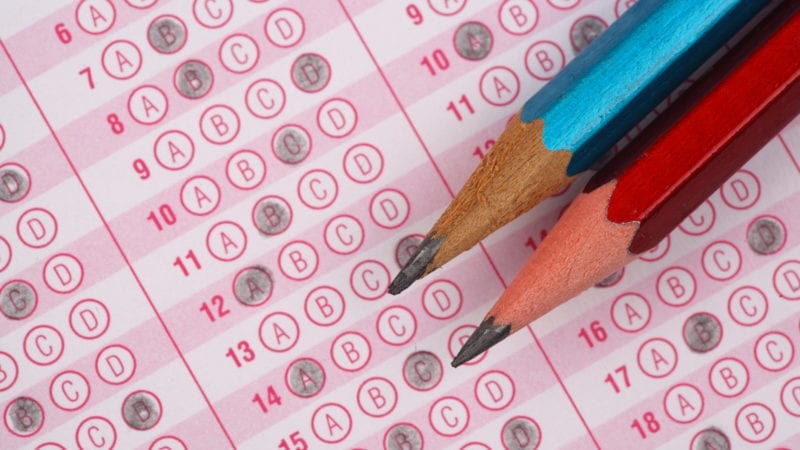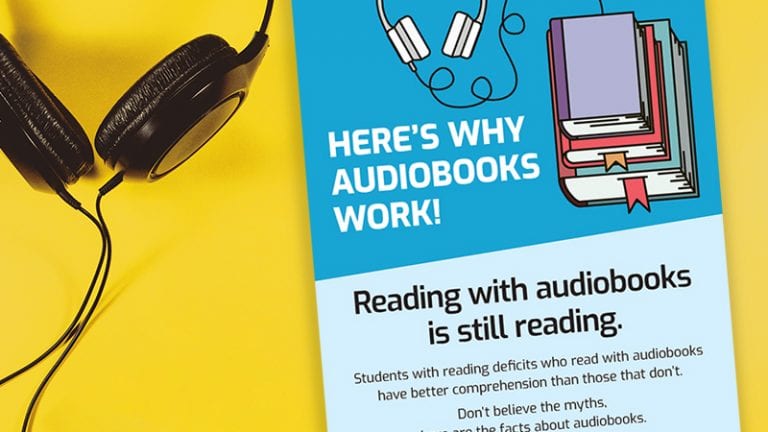Standardized testing is a fact of life for public schools—our funding depends on it.
However, “Standardized testing in public schools has proven over the last 15 years to be an expensive and ineffectual exercise,” says Jonathon Wolfer, elementary principal and author of The Testing Backlash. “As more and more families learn about the folly of testing, a form of civil disobedience has begun to grow.”
His book describes the reasons for the backlash and suggests remedies to the way testing is used in U.S. public schools.
Wolfer highlights six factors that influence families’ decisions to opt out of standardized testing.
Standardized testing is not useful for teachers or students.
Standardized test results are usually not delivered to schools until months after students have moved on to the next grade. This does not allow teachers to use the data in any practical way to adapt their teaching methods or work with students to reteach concepts. Nor is it helpful in guiding decision making about the placement of students in appropriate classes for the following year.
“All good teachers use student work to inform the next steps of their instruction,” Wolfer points out. However, he argues, there are many methods that are more effectual such as classwork review, homework assignments, quizzes, unit tests, and review sessions.
“There is much greater value in the use of classroom assessments that provide immediate feedback to both students and teachers on what was just taught.”
Standardized testing does not promote student accountability.
Test results are used at the school, district, and state level to make comparisons and track accountability. But they do not affect students’ grades, or influence whether or not they “pass” a subject. In addition, standardized test scores are not usually submitted on college applications. Many students are savvy to these facts and may dismiss the tests as inconsequential.
“They have no skin in the game,” as Wolfer puts it. They may not take tests seriously or put forth their best effort.
Standardized testing is stressful for students and parents.
On the other hand, there are other students who invest significant energy worrying about taking standardized tests and their results. The disappointment of receiving anything lower than a score of proficient is enough to discourage some students far into their academic future.
Organizations that advocate for developmentally appropriate practices in education are particularly concerned about standardized tests and the stress they put on early learners. As we have seen in recent years, grade level expectations continue to be pushed down further and further. Wolfer argues there is no sense in testing children on concepts their developing brains are not ready to retain.
Standardized testing is stressful for teachers and administrators.
Saying that standardized tests interrupt the flow of learning would be a gross understatement. In Wolfer’s school, he estimates testing takes up at least 15 hours of time, not counting training and preparation. Teachers, parents, and administrators argue that this time could be much better spent actually instructing children.
In addition, testing starts as early as March, typically about three-fourths of the way through the school year. It’s unreasonable to expect children to master concepts that have not even yet been taught.
Standardized testing creates scandal unintentionally.
In some school districts, standardized test results are a key ingredient of teachers’ performance evaluations and job security. In others, cash incentives are offered to schools with improving or exceptional scores.
When the stakes are this high, argues Wolfer, the temptation to cheat expands greatly. “When your career is on the line,” he reasons, “or when there is money waiting on the table, the chances of cheating are going to increase.”
The Testing Backlash cites numerous examples of educators who resorted to altering tests and results due to the pressure.
Standardized testing costs are astronomical.
Standardized testing costs billions of dollars every year. In Colorado alone in 2015, an estimated $11 million was spent on PAARC tests.
Wolfer views this as unconscionable and argues that would be better spent going to students, classrooms, and teachers.
“Taxpayers have a right to know that their hard-earned money is being spent appropriately in their public schools, and when they learn how much standardized teaching has drained from state and individual school budgets, they are appalled at where their money goes.”
Wolfer hopes that the backlash of families opting their children out will have a positive effect.
“Lawmakers know that more should be done,” he claims, “and as resistance continues to grow and be amplified, they will have the courage to act on this emerging consensus around testing.”
Join our Facebook group Principal Life for more conversation about and insights into the challenges of school leadership.

